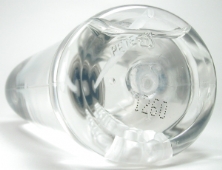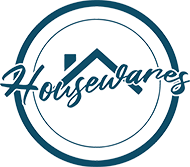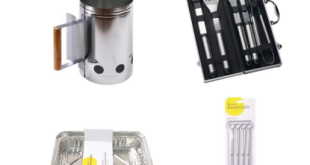A man-made chemical used to make a wide variety of plastic products, including food containers, bottles and tableware, has been declared toxic by the Canadian government.

Canada is the first country to so designate bisphenol A, or BPA, which is suspected of disrupting hormone activity. It banned its use in baby bottles two years ago, but a formal objection from the American Chemistry Council delayed its being added to Canada’s list of toxic substances until this week. Government experts rejected the ACC’s arguments.
However, the ACC says that with the European Food Safety Authority insisting that BPA is safe for use in food-contact items, Canada’s decision will “confuse and alarm the public”. It says it flies in the face of worldwide scientific evidence.
BPA is used to make polycarbonate plastic for not only food containers and water and baby bottles but, amongst other things, sports equipment and electronics, and epoxy resins containing the chemical are used to coat the interior of almost all food and drink cans.
Research suggests that it can be ingested when it leaches into food and drink from the containers.
The UK Environment Agency says that BPA has been suspected for some 40 years of mimicking the hormone oestrogen, and that it has been linked to abnormal sexual development in fish and other aquatic animals as well as to decreases in human male fertility.
However, it says that the low-dose effects caused by BPA exposure to humans remain controversial.
 Housewares Business-to-business magazine for housewares retailers and their suppliers
Housewares Business-to-business magazine for housewares retailers and their suppliers



